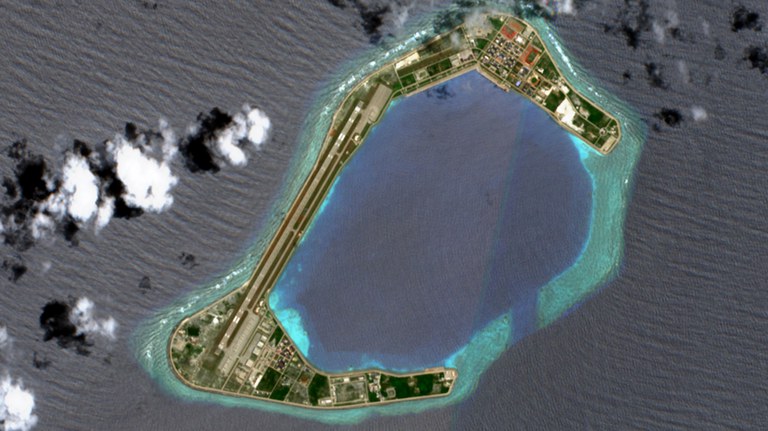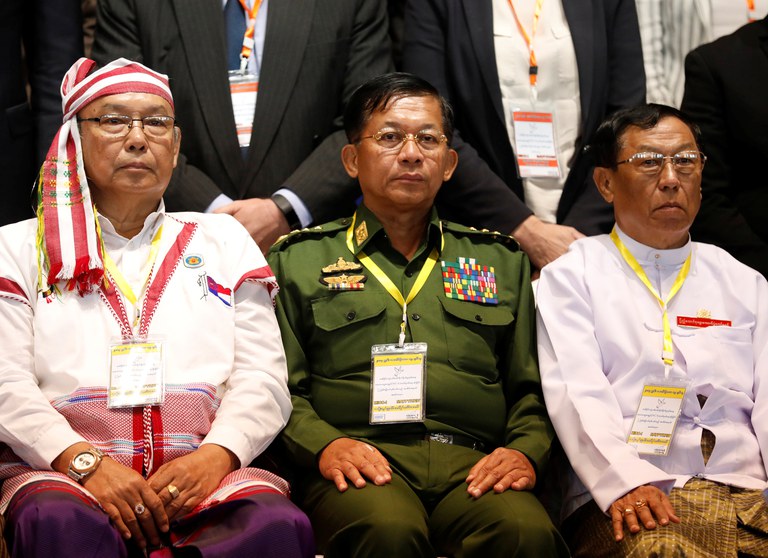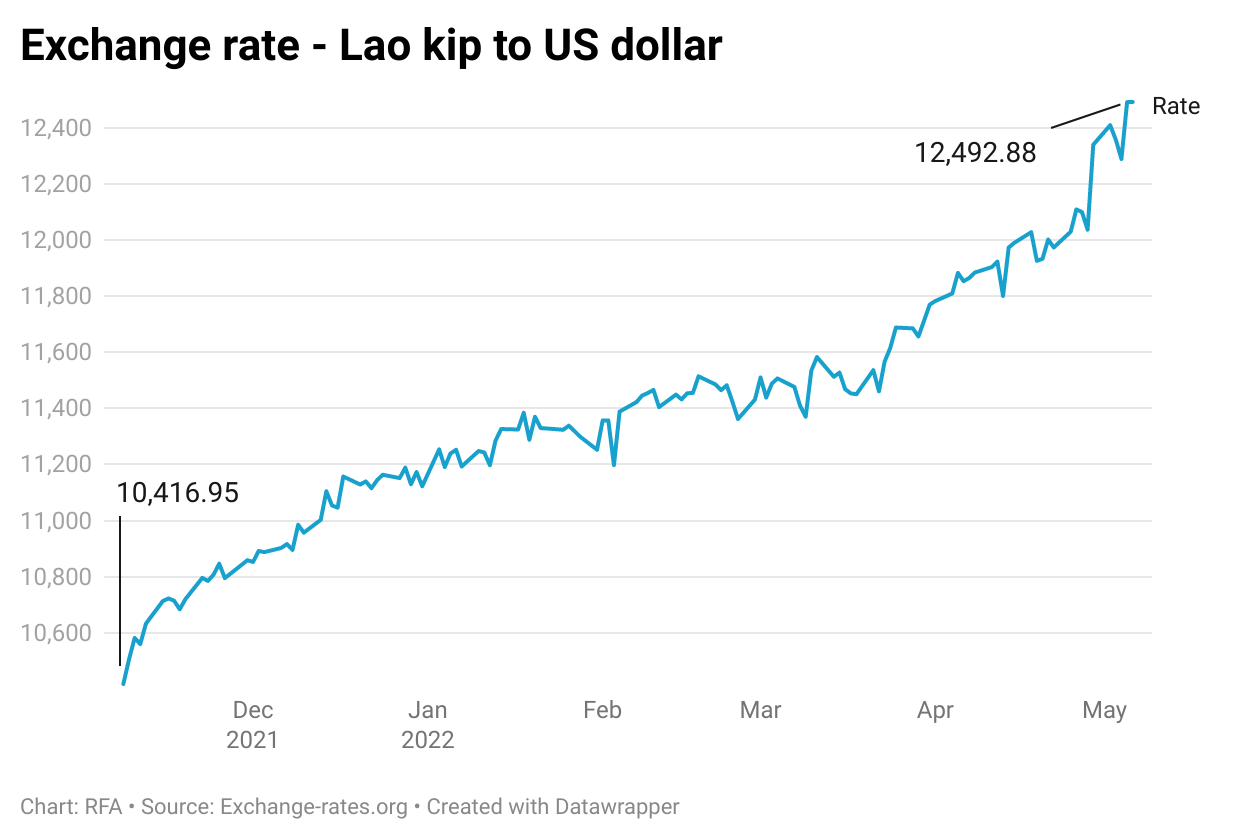Philippines’ Marcos Jr. will likely seek closer ties with Beijing: analysts
Philippines’ president-elect Ferdinand Marcos Jr., will likely seek to turn the country to an ally of China, despite lingering anti-Beijing sentiment, analysts said following his landslide election victory on Tuesday. “Bongbong” Marcos, the son of long-ruling dictator Ferdinand Marcos, garnered more than 30.8 million votes by an unofficial count on Monday, and looks likely to take office in June. Sara Duterte-Carpio, daughter of incumbent Rodrigo Duterte, is expected to serve as his vice president. Marcos has already said he wants to pursue closer ties with China, including disregarding a 2016 ruling from The Hague invalidating China’s massive territorial claims to the South China Sea. Marcos has sought to distance himself from the ruling, which has been rejected by the Chinese Communist Party (CCP) in Beijing, and said he will likely continue to develop Duterte’s policy of closer ties with China. Zhuang Jiaying, associate professor of politics at Singapore’s National University, said Marcos’ election is a milestone in the political life of the Philippines. “There are several reasons why this Philippine presidential election is more important [than previous ones],” Zhuang told RFA. “During the campaign, Marcos continued to whitewash his family’s unrestrained abuse of power during authoritarian rule.” “There was also a campaign of harassment targeting supporters of rival candidates, … raising questions about whether democracy is taking a backward step, and whether [Marcos] will continue the current wave of authoritarian leadership.” “[Marcos’] comments seem to favor a more pro-China stance, but whether those ideas can be realized in terms of policy is another matter,” Zhuang said. “When Duterte came to power, China promised a lot of investment, but it didn’t live up to expectations.” “That gap caused disappointment in the Philippines, whose defense and security forces have become more suspicious of China because of its unrelenting pressure regarding the South China Sea dispute,” he said. “Even if Marcos himself wants a good relationship with China, he will meet with a certain amount of doubt and resistance.” U.S. ties run deep Jeremy Chiang of the Taiwan-Asia Exchange Foundation said there had been a certain amount of popular support for the Marcos regime among Filipinos, despite the former dictator’s ouster by a “people-power” revolution. “When Marcos fell, not all Filipinos opposed him,” Chiang said. “In particular, the Marcos family had a positive image in their political heartland, and also in the popular imagination, and some still miss being part of a strong nation and economy at that time.” “This image has been fed to young people via social media, so young people have a fairly good impression of Marcos,” he said. Chiang said Marcos had only narrowly lost the last presidential race six years ago to Duterte, and had hung onto his supporter base since then. However, he said it could be hard for Marcos to wean his country off military and security reliance on the United States. “Military cooperation between the Philippines and the United States has evolved into a long-term strategy, with many people in the Philippines military and diplomatic service cherishing that relationship,” Chiang said. “That kind of relationship with such a solid foundation was hard to shake off during Duterte’s term, despite the fact that China had [offered] more financial resources and aid programs,” he said. Analysts have also cited anti-Chinese government sentiment among much of the Philippine population who see their fishermen’s livelihoods being threatened and lives being endangered by alleged harassment on the part of Chinese navy and coast guard ships. Manila is Washington’s biggest ally in Southeast Asia, where an increasingly assertive China is encroaching on other claimant nations’ exclusive economic zones in the disputed South China Sea. During his term, Duterte tested the U.S.-Philippines relationship, threatening to drop one of many bilateral security agreements and vowing never to set foot in the United States while president. Domestically, the Philippine economy is just recovering after being in one of the world’s longest lockdowns due to the COVID-19 pandemic. Translated and edited by Luisetta Mudie.





